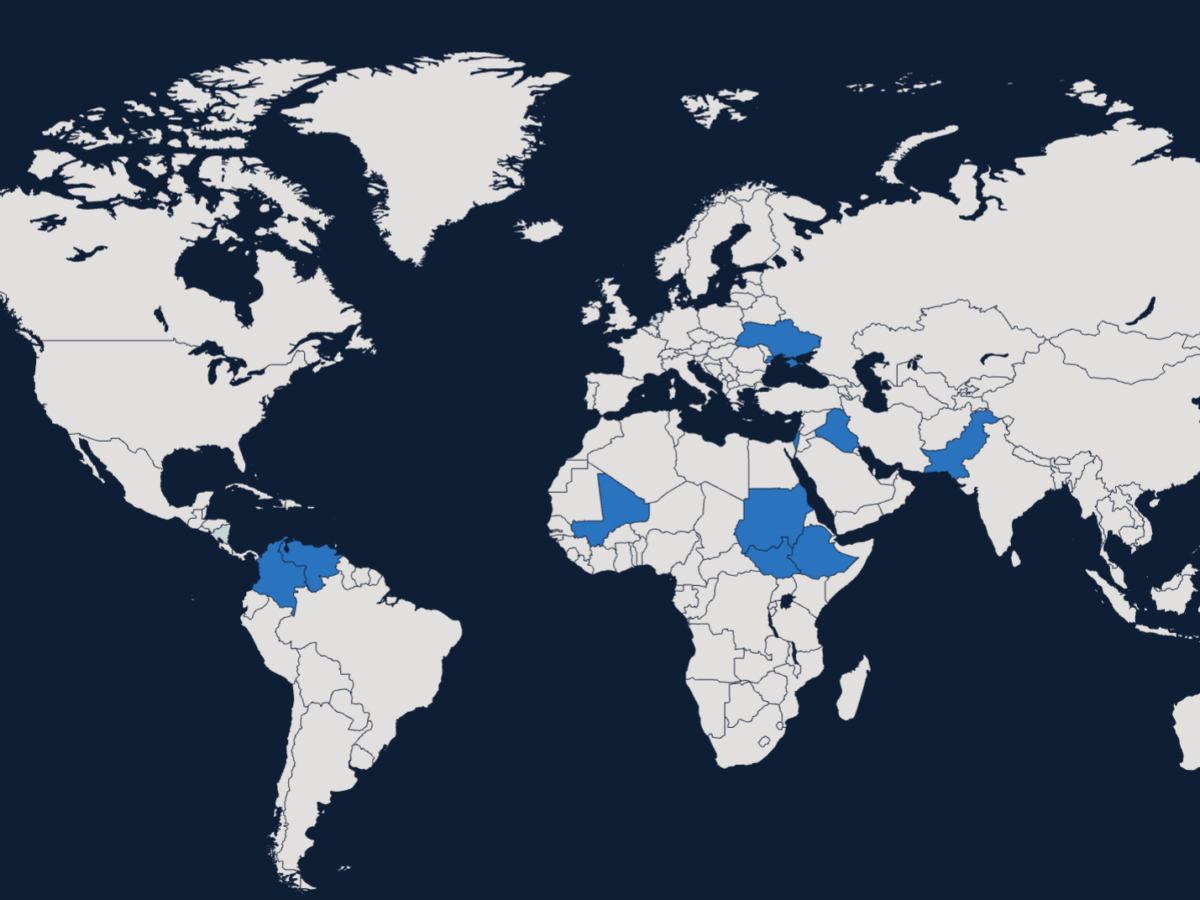Sustaining Gains in Rwanda: The Influence of Indigenous Culture and Post-Genocide Politics
Abstract
The success of women parliamentarians in Rwanda has prompted questions about how women achieved such unprecedented levels of political representation. The paper begins with a discussion of various Rwandan cultural practices that either support or undercut gender equality, then analyzes how actors in contemporary Rwandan politics reference indigenous practices in relation to women’s empowerment. This paper contends that modern references to gender-sensitive practices in Rwanda’s pre-colonial era aim to generate support for women’s political participation by emphasizing its continuity with traditional culture and, in doing so, defuse opposition. The Rwandan case suggests a strategy available to women and men seeking to promote gender equality in political representation elsewhere.
Citation
Uwineza, Peace and Elizabeth Pearson. Sustaining Gains in Rwanda: The Influence of Indigenous Culture and Post-Genocide Politics. Washington, DC: Inclusive Security, 2009.
Explore More

Conflicts and Trends to Watch in 2026

Women, Peace, and Security Shadow Report to Congress: What Was Built, What…
